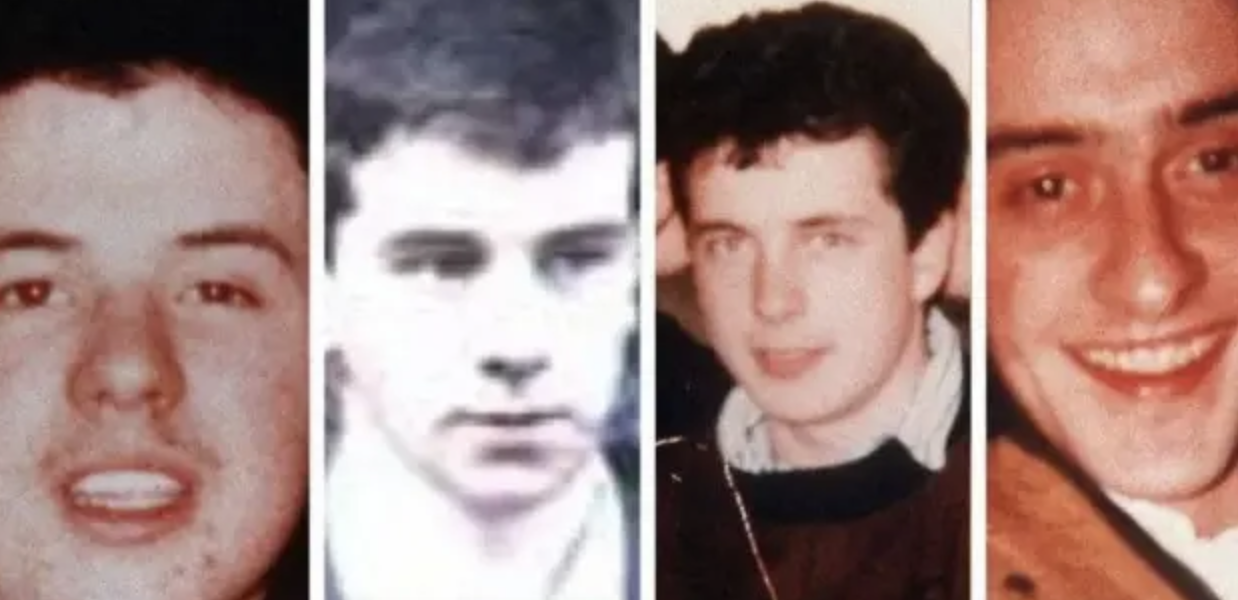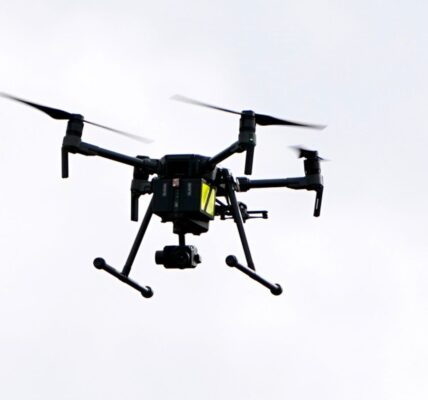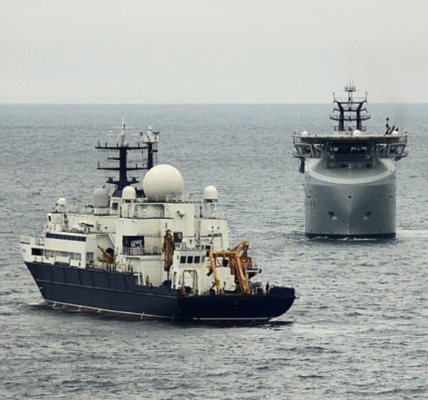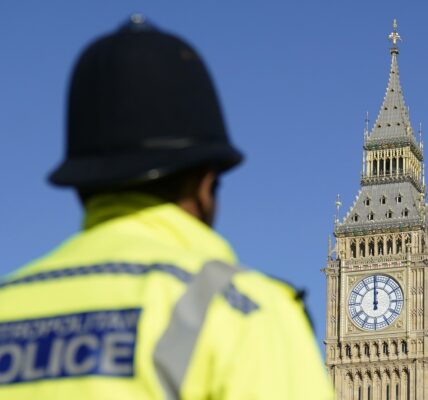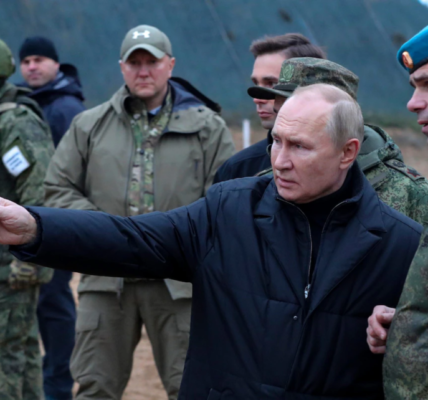Up to 20 ex-SAS soldiers are facing murders charges for the shooting of IRA terrorists 30-years ago

At least 20 former members of the SAS who shot dead armed IRA gunmen more than 30 years ago are facing murder charges, National Security News can reveal.
Details of the potential prosecutions have been disclosed in a letter sent to every British Army regiment by the SAS Association.
The letter also accuses successive British governments of “shamefully” failing to properly support veterans of the Northern Ireland conflict, known as the Troubles.
The letter states: “There can be scarcely any part of the veteran community that isn’t touched to some extent by this issue.
We have recently seen around twenty former special forces officers and soldiers referred to the Director of Public Prosecutions for investigation, with a view to charging them with offences as serious as murder and conspiracy to murder, relating to operations conducted in Coagh and Clonoe in 1991 and 1992.”
The letter refers to SAS operations in which armed IRA terrorists were shot dead by British soldiers.

Three members of the IRA were killed by the SAS at Coagh, Northern Ireland, in 1991 as they were preparing to murder a part-time member of the Ulster Defence Regiment.
In the Clonoe incident, four IRA terrorists were killed by the SAS after firing a heavy machine gun into a police station, before being ambushed.
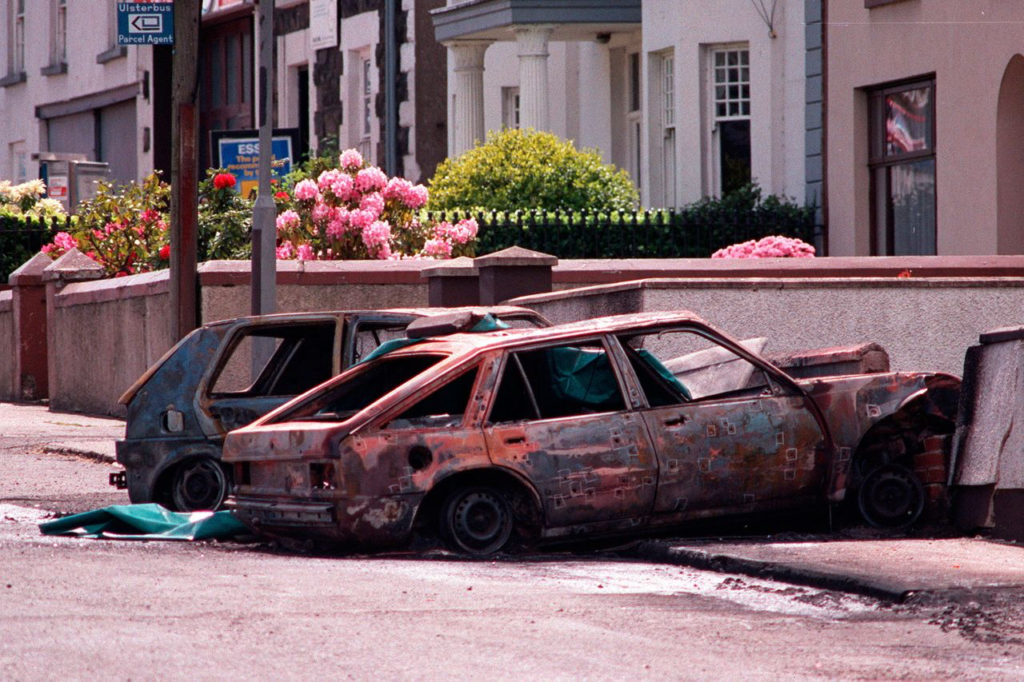
The government is currently in the process of repealing an Act which banned inquests and offered a conditional amnesty to those suspected of crimes relating to the Troubles—measures aimed at protecting former soldiers.
However, the SAS Association believes that once the Legacy Act is repealed, the legal floodgates against members of the special forces community will open, leading to dozens of inquests and trials.
The letter, a copy of which has been obtained by National Security News, warns: “We are about to see a surge of Northern Ireland cases instigated by nationalist activists and targeted at individual veterans.
Whatever the public label put on these cases, they are fundamentally designed to undermine the British State and its Military Forces and to re-write the history of the Troubles, whilst persecuting ad infinitum scores, possibly hundreds, of former soldiers, decades on from their service in Northern Ireland.”
The letter, which was sent to every British Army Regimental Association last week, also claims that members of Sinn Féin and their supporters are attempting to rewrite history and undermine the British government.
Senior SAS officers have now launched their own military-style operation, called Project Verity, to counter what they believe is IRA propaganda.
As part of the project, SAS leaders are considering “some sort of mass expression of outrage” by the UK’s two million veterans.
The letter adds that the government is more concerned about satisfying the alleged needs of the relatives of the deceased to find out what happened to their loved ones, rather than supporting veterans who risked their lives to uphold law and order.
It continues: “In most cases the terrorists in question were heavily armed and died as a result of their own misadventure; often killed whilst in the process of being arrested when caught in the act of trying to commit murder.
But these cases are now hijacked by activists seeking to wreak vengeance on former soldiers under the pretence of searching for further truths from more than 30 years ago.”
A former SAS officer told National Security News that it was absurd that former members of the regiment could stand trial for murder when so many senior officials and politicians had been involved.
He said: “These operations were always going to be high risk. As a consequence, each was personally authorised by the top Army Officer in Northern Ireland and by the Chief Constable of the RUC. Some of the operations were briefed as high as the Prime Minister of the day.
So the notion that these operations occurred in some sort of vacuum of accountability is absurd.”
Conservative MP Sir David Davis, who served in the SAS Reserves, said that it would have been “collective suicide” for SAS men confronting an armed IRA gang in 1992 to have first verbally challenged them.
He has previously said in the House of Commons that a coroner’s verdict which stated that the SAS were not justified in using lethal force was “demonstrably wrong” — and called for veteran British soldiers to be legally protected from legacy cases.
He said: “These are men who served our country with honour, heroism and skill, sometimes in the face of the most incredible danger.
They are now, no doubt, hoping for well-earned peaceful retirement, not a future of endless stress and psychological torture.
If the government leaves them open to persecution, it will, frankly, be shameful, and only further the IRA’s attempt to rewrite the history of Northern Ireland.”
A Ministry of Defence spokesperson said: “We recognise the dedicated service and sacrifice of members of the Armed Forces who did so much to keep people in Northern Ireland safe during the Troubles, and are committed to supporting all our veterans. There can be no rewriting of history.
The approach taken by the previous Government through the Legacy Act did nothing to help veterans, and it has been found by the courts to be unlawful. This includes the immunity scheme, which would have offered IRA terrorists immunity from prosecution and which we are repealing. Many terrorists were, of course, convicted of crimes during the course of the Troubles.
In advance of new legislation, we are engaging with all interested parties—including the veterans’ community—about how to ensure there are legacy mechanisms in place that are fair, lawful and proportionate.”

